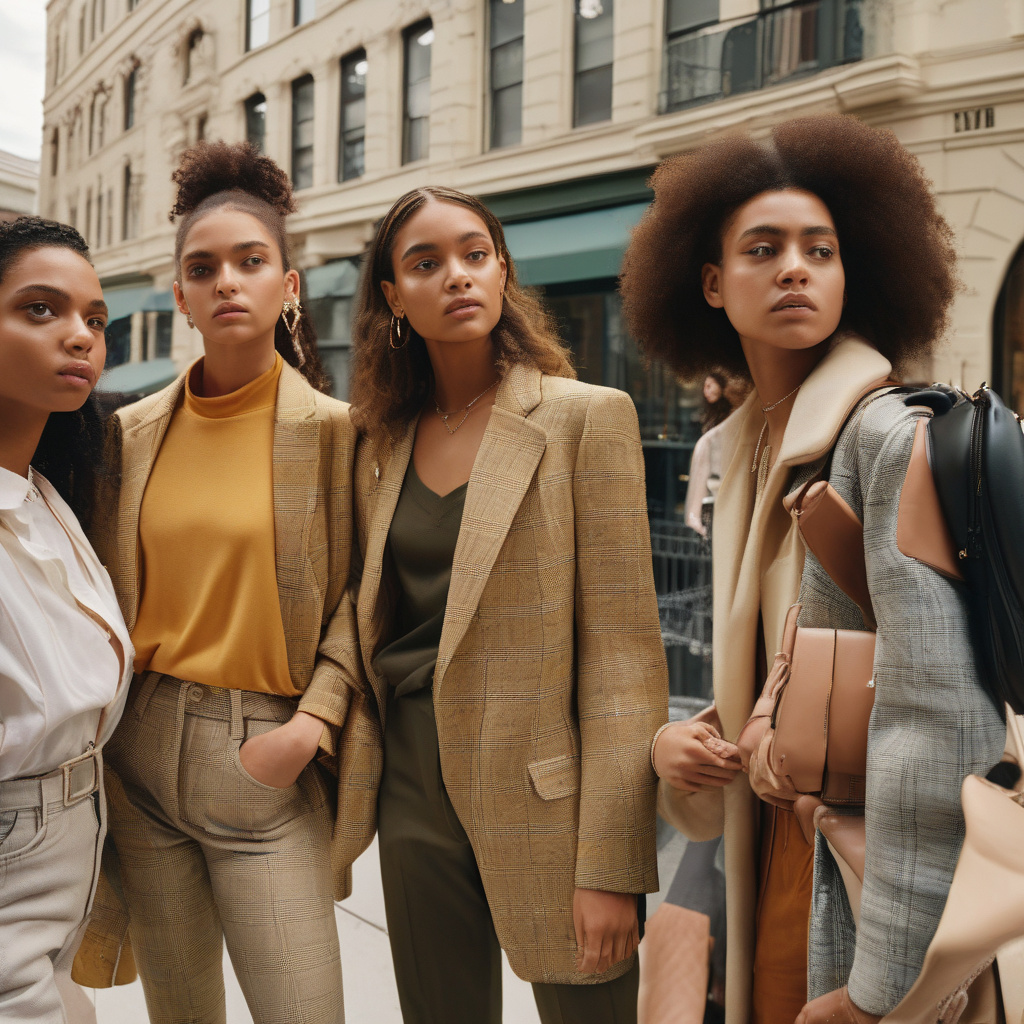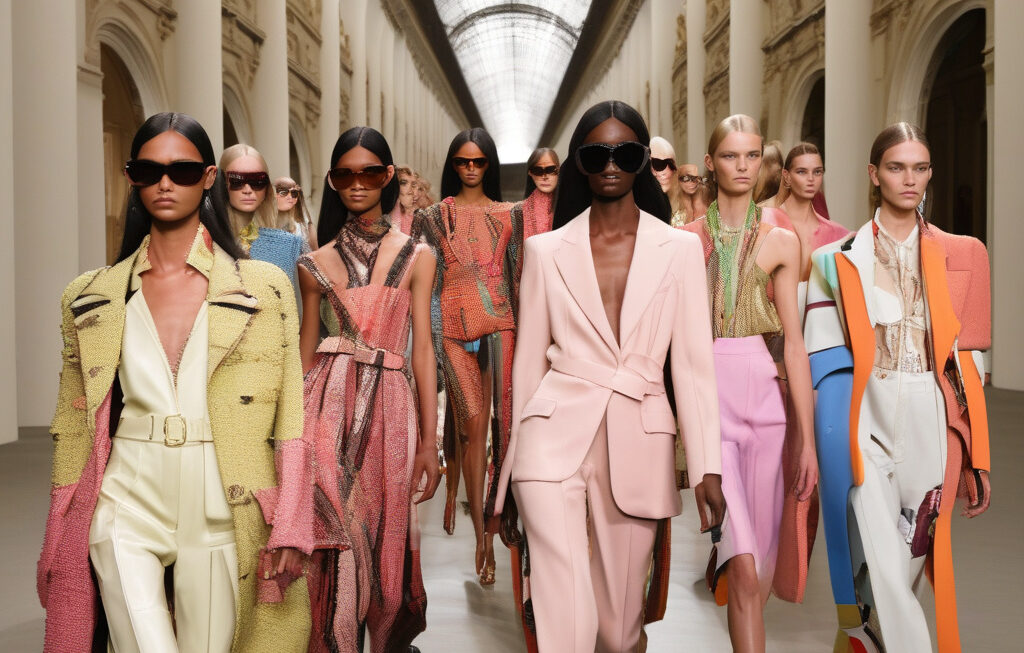The Debrief | Gen Z Isn’t Buying Luxury’s Story
In the ever-changing landscape of fashion, one thing is becoming increasingly clear: Gen Z isn’t as captivated by luxury brands as their predecessors once were. With prices soaring, hype losing its appeal, and a newfound love for vintage pieces taking center stage, the traditional narrative of luxury is being rewritten. BoF correspondents Lei Takanashi and Jessica Kwon recently shared their insights on The Debrief, shedding light on why Gen Z is veering away from luxury and offering valuable advice on how brands can reclaim their attention.
One of the key factors driving Gen Z away from luxury is the shift in their values and priorities. Unlike previous generations, Gen Z consumers are more focused on sustainability, authenticity, and individuality rather than flashy logos or hefty price tags. They are drawn to brands that align with their beliefs and are transparent about their practices, pushing luxury houses to rethink their strategies and become more socially and environmentally responsible.
Moreover, the rise of the resale market and the allure of vintage fashion have played a significant role in reshaping Gen Z’s shopping habits. Instead of splurging on new luxury items, many young consumers are turning to pre-owned pieces, drawn to the uniqueness and history that vintage garments offer. This shift poses a challenge for luxury brands that have long relied on exclusivity and newness to drive sales, forcing them to explore innovative ways to tap into the thriving secondhand market.
To win back Gen Z customers, luxury brands need to adapt to this changing landscape and meet the evolving demands of the younger generation. Embracing sustainability and ethical practices, investing in storytelling that resonates with Gen Z values, and exploring collaborations with vintage sellers are just a few strategies that brands can employ to stay relevant and appeal to this discerning audience.
One brand that has successfully navigated this shift is Gucci, under the creative direction of Alessandro Michele. By embracing sustainability, championing diversity, and engaging with their audience through compelling storytelling, Gucci has managed to capture the attention and loyalty of Gen Z consumers. Through collaborations with vintage shops and initiatives like their “Off The Grid” collection made from recycled materials, Gucci has demonstrated a commitment to change and innovation that resonates with younger shoppers.
In conclusion, the changing attitudes of Gen Z towards luxury present both challenges and opportunities for brands in the fashion industry. By understanding the values and preferences of this generation, staying agile and adaptive in their approach, and prioritizing sustainability and inclusivity, luxury brands can forge a meaningful connection with Gen Z consumers and secure their loyalty in the long term.
#GenZ, #LuxuryFashion, #Sustainability, #Vintage, #FashionIndustry












